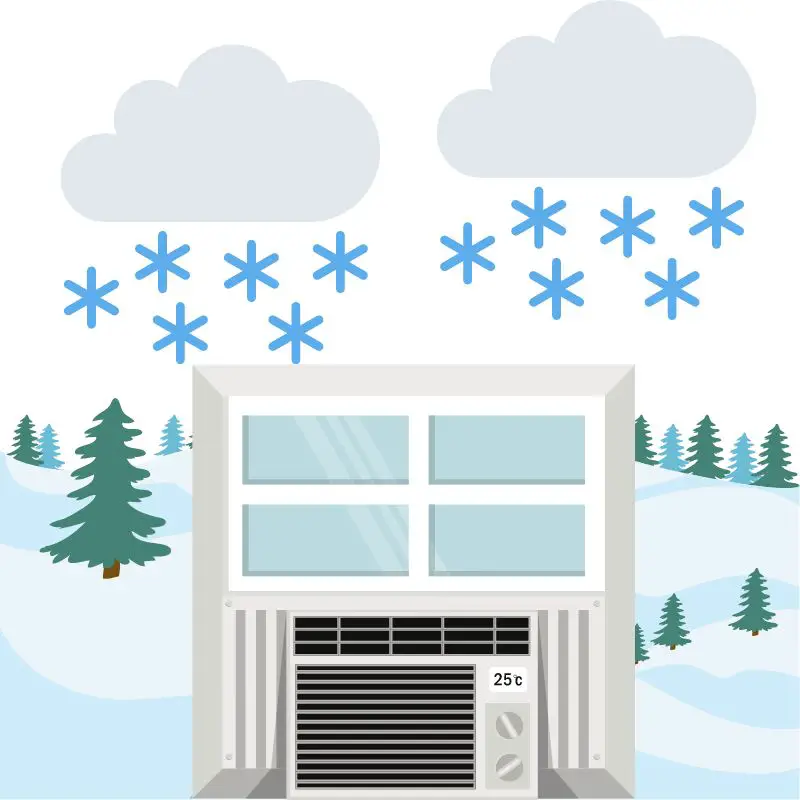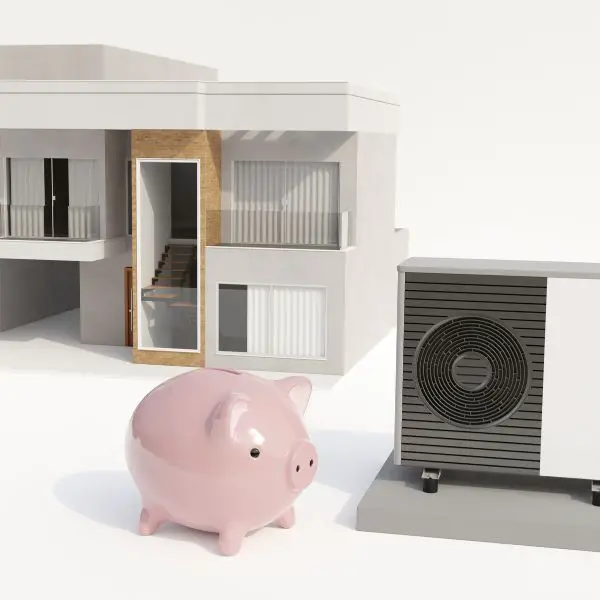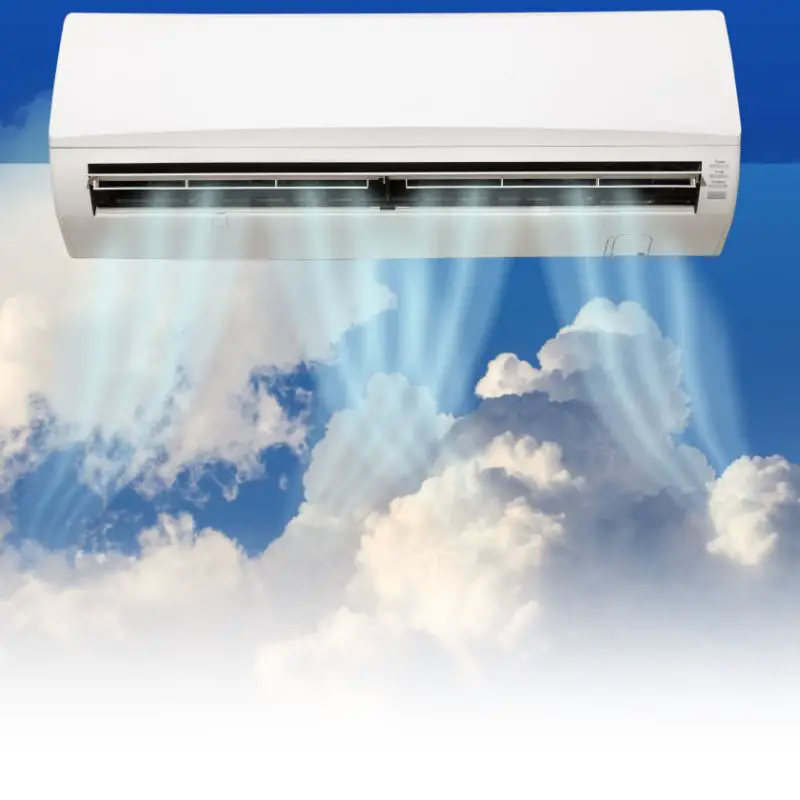
Air Conditioning in Winter
Unless you live in a tropical climate, chances are the winters will be cold enough to impact your indoor air quality. This is especially true if you have an older home or one with single pane windows and little insulation.
To make matters worse, modern homes are also much more energy efficient than those of yore. That means they retain less heat when the thermostat is set low to save on energy bills. With that in mind, it makes sense to ask: Is it ever a good idea to turn off your AC when it gets chilly outside?
In this blog post, we’ll answer that question and explain why you might want to consider running your AC less often—while also outlining some ways you can mitigate the negative side effects of having it run less frequently in winter.
Why You Might Want to Run Your AC Less in Winter
If you’re going to run your AC less in winter, you’re probably wondering why you might want to do so. After all, it seems reasonable to assume that running your AC in winter will keep your home cooler and more comfortable, making it easier to stay indoors.
But is that really true? Why You Might Want to Run Your AC Less in Winter: – It saves money on energy bills. Running your AC less often in winter means you’ll likely use less energy to power your unit and maintain a comfortable indoor climate. As such, you’ll likely save money on your monthly energy bill – which makes running your AC less often in winter a financially smart move. – It preserves the lifespan of your AC unit.
While AC units are built to handle year-round use, running your AC less often in winter can help extend its lifespan. AC units are generally more resilient when they’re not running as frequently. This is especially true if you live in a climate where temperatures aren’t too extreme. – It reduces excess indoor humidity.
If you run your AC frequently in winter, it will probably run longer than it needs to. This is especially true in regions with mild winters. In such places, your AC isn’t likely to need to run as long as it would in a place where winter temperatures are several degrees colder.
Environmental Impact of Running Your AC
When you run your AC, it pulls in warm indoor air and pumps it outside. The process uses energy, and the equipment used to do this is referred to as an air conditioner.
When it’s hot, we need to cool the air in our homes. When it’s cold, we need to warm the air in our homes. When you run your air conditioner, you are re-routing air in your home with a filter. This change in air quality will affect the quality of your indoor air.
The indoor air will be colder or warmer depending on the seasons, but the air quality will be affected. When you have poor indoor air quality, you may have respiratory issues or allergies. The best way to improve the quality of your indoor air is to maintain a healthy HVAC system. The system will draw in outdoor air and filter it before sending it back into your home.
When the air is colder outside, it’s also denser. This denser air is heavier than the warmer air inside your home, so it will naturally flow down and out of your home. As colder air replaces the indoor air, your indoor air won’t be affected by the change in temperature.
It’s important to note that colder weather doesn’t always mean your indoor air will actually be colder.
How Air Conditioning Affects Your Home in Winter
The same process that makes AC-cooled air more appealing in the summertime also makes it less appealing in winter. When your AC pulls in warmer indoor air and pumps it outside, it’s essentially removing heat from your home.
This is the same concept that applies to central heating and why it can be helpful to have your heating system installed before winter arrives.
Air conditioning and heating both affect indoor air quality because they are essentially changing the indoor air. As the indoor air changes, it also affects your home.
Negatives of Running your AC in Winter
When you turn on your AC in winter, you’ll likely spend more on energy than if you’d left it off. This is because your AC has to work harder to remove the warmer indoor air and pump cold outdoor air into your home.
Your indoor air will be cooler than it would have been without your AC running. The change in air temperature could also lead to issues with indoor humidity if you’re unable to moderate it. Hotter air is typically more humid than cooler air, so your indoor humidity could increase as a result of running your AC.
If you don’t moderate the indoor humidity, you run the risk of contracting an illness like Legionnaires’ disease. Legionnaires’ is a bacterial infection that can cause pneumonia-like symptoms.
Conclusion
Running your AC less often in winter could save you money on energy bills and extend the lifespan of your AC unit. When you run your AC less often, you’re also less likely to experience problematic indoor humidity levels.
Remember, colder temperatures are not the same as hotter temperatures, so don’t run your AC if you notice that it’s merely cooler outside.
Conversely, don’t be afraid to turn it back on if your home is significantly warmer than the outdoor temperature.



